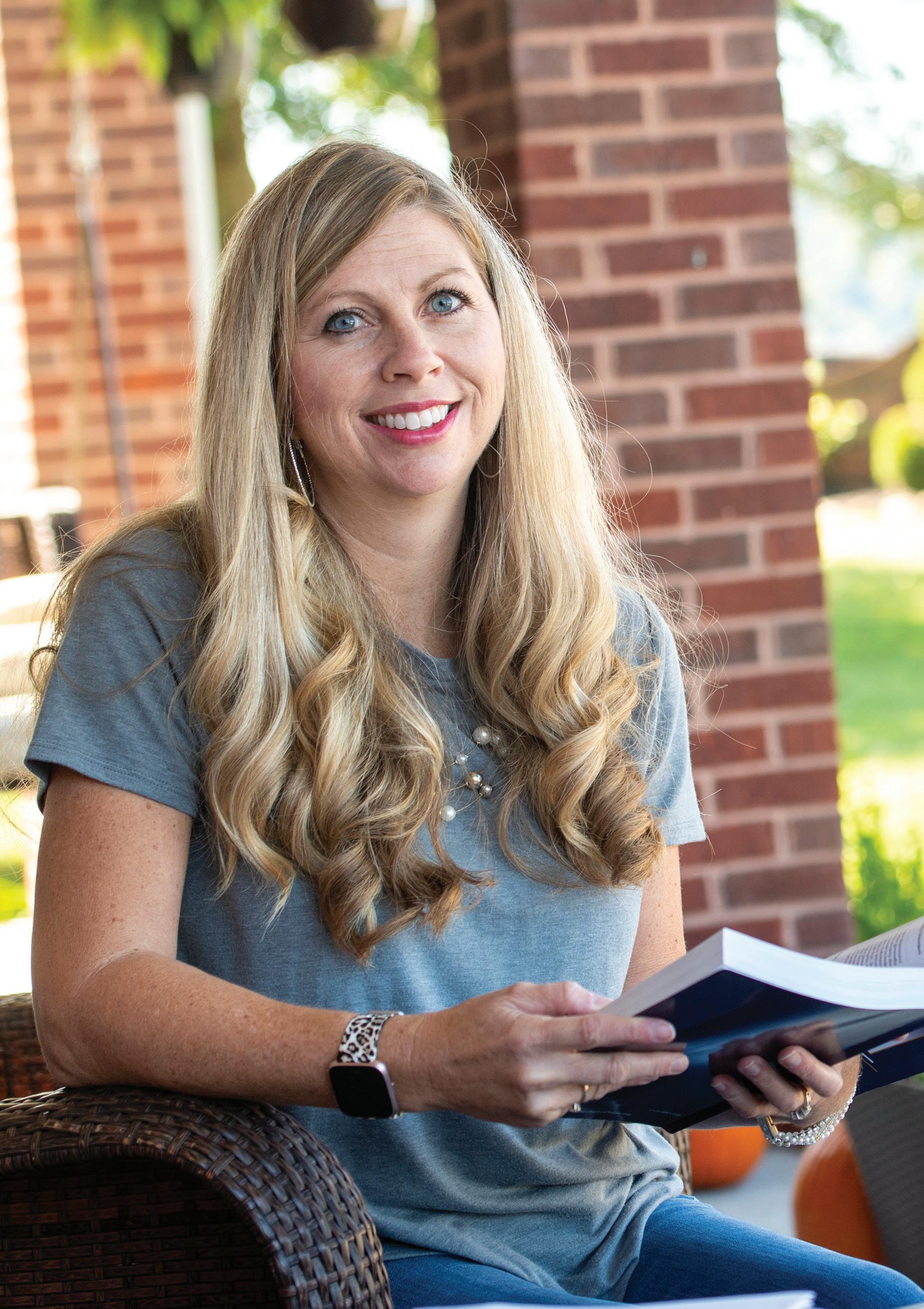
2 minute read
UPIKE rises to meet social challenges
Mental health issues, including depression, anxiety and substance abuse, are growing problems in Eastern Kentucky and other areas of the Appalachian region. The need for qualified professionals well-trained in addiction and mental illness is also on the rise. The University of Pikeville has risen to the challenge by offering a Master of Social Work (MSW) degree to complement the social work undergraduate degree implemented in 2007.
“When we started designing the MSW program, a few things came into focus,” said UPIKE Chair of Social Work and MSW Program Director Genesia Kilgore-Bowling, Ph.D. “Based on an independent market analysis of Eastern Kentucky, we knew we needed to focus on mental health and substance abuse, and also making the program online and affordable.”
In collaboration with UPIKE's Advancement team, Kilgore-Bowling, business office staff, faculty and a host of others secured a highly-competitive Opioid Workforce Expansion Program grant in the amount of $750,000 from the Health Resources and Services Administration (HRSA). HRSA is an agency of the U.S. Department of Health and Human Services. It is the primary federal agency for improving access to health care services for people who are uninsured, isolated or medically vulnerable. Awarded over three years, the grant will help offset the cost for this advanced degree. Sixty percent of the money is allocated to students. UPIKE is able to award a $10,000 stipend to 15 students each year who meet the criteria for advanced standing or are in the last 30 hours of the program.
“Advanced standing means the student already has an undergraduate degree in social work, so they can build on that generalized platform with a specialized education,” said Kilgore-Bowling. “Our MSW program is unique in our focus is on mental health and addiction. The ʻandʼ is a key word. Most MSW programs require a student to specialize in either mental health or addiction. Our program is so concentrated and focused that our students have to be knowledgable in both areas.ˮ
The MSW program offers two paths to completion – a 30-hour, fast track path for students who have an undergraduate degree from a social work program accredited by the Council on Social Work Education and a 60-hour program for students who do not have that degree. The Eastern Kentucky region, being a health care provider shortage area, needs knowledgeable, skilled professionals who are equipped to address the complex social problems common to rural areas and those specific to Appalachia.
“This HRSA grant helps us provide a critical incentive for our students to come and earn an advanced degree that meets the workforce need in Appalachia,” said Kilgore-Bowling.










